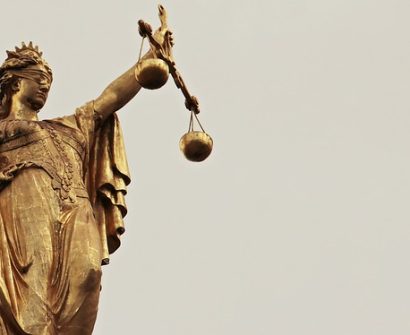
Introduction
In many cultures, the tradition of dowry has persisted for centuries. However, what was once a customary gesture has unfortunately transformed into a perilous manifestation of gender-based cruelty, particularly in countries like India. Demanding dowry, once seen as a cultural norm, has now metamorphosed into a form of cruelty post-marriage, perpetuating inequality and injustice within the institution of marriage.
Understanding Dowry Demand: An Evil Practice
Dowry Demand: Historical Context
Historically, dowry was intended to provide financial security to the bride in her new household. However, this custom has deviated from its noble intent, transforming into a coercive demand by the groom’s family for material possessions, wealth, or monetary assets as a precondition for marriage.
Dowry Demand: An Expression of Cruelty
Demanding dowry is an egregious form of cruelty, exerting undue pressure on the bride’s family to meet exorbitant material expectations set by the groom’s side. It perpetuates financial strain, often leading to emotional distress, harassment, and in severe cases, physical abuse or even death if the demands are not met.
Dowry Demand: Cruelty in India
Dowry as a Social Menace
In India, despite legal prohibitions against dowry demands, the practice remains deeply embedded within societal norms. The prevalence of dowry-related cruelty continues to inflict suffering on countless women and their families, affecting not just individuals but the social fabric at large.
Legal Framework and Challenges
While legislation exists to curb dowry-related atrocities, implementation remains a challenge. The Dowry Prohibition Act of 1961 aimed to eradicate this practice, but gaps in enforcement and societal attitudes have hindered its efficacy.
Post-Marriage Dowry Demand: A Form of Cruelty
Impact on Marital Harmony
Post-marriage dowry demands exacerbate the vulnerability of brides, disrupting marital harmony and subjecting them to emotional trauma. The constant fear of not meeting ongoing material expectations causes immense psychological distress.
Economic and Emotional Exploitation
Such demands not only exploit the bride economically but also emotionally, eroding the foundation of trust and mutual respect essential for a healthy marital relationship.
Addressing Dowry Demands and Cruelty
Educational Initiatives
Education plays a pivotal role in challenging deep-rooted beliefs and altering societal perceptions. Educational initiatives aimed at dispelling the myths surrounding dowry and promoting gender equality are vital in combating this issue.
Legal Enforcement and Support
Enhancing the enforcement of existing laws and providing robust support systems for victims of dowry-related cruelty are imperative. Legal authorities must ensure stringent action against perpetrators and provide a safe space for victims to seek justice.
Conclusion
The practice of demanding dowry post-marriage is a manifestation of cruelty that corrodes the essence of a harmonious marital relationship. It perpetuates inequality, financial exploitation, and emotional distress, leaving a lasting impact on the lives of women and their families. Eradicating this deeply entrenched societal ill requires a concerted effort from both legal authorities and society at large, fostering a culture of gender equality, respect, and dignity within marriages.










